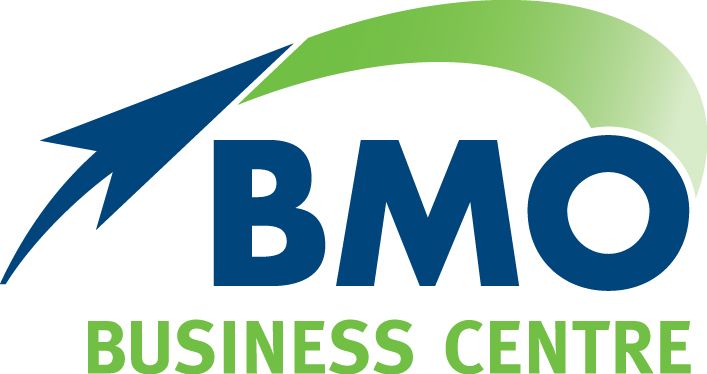Lodging your SMSF return on time is more important than ever
Running your own self-managed super fund (SMSF) comes with many responsibilities and lodging an annual return is one of the most important.
While paperwork may not be anyone’s favourite task, the Australian Taxation Office (ATO) takes the SMSF Annual Return very seriously. As of February 2025, around 85,000 SMSFs had not lodged their annual return for the 2023 income year and some 54,000 were still outstanding for 2022.i
The ATO has made SMSF lodgement a key focus of its 2025-26 Corporate Plan and is now taking targeted compliance action against trustees who fail to meet their obligations. Penalties may include fines, loss of concessional tax status and even disqualification from managing an SMSF.
Why lodging matters
The ATO considers timely SMSF annual return lodgement a fundamental obligation for SMSF trustees.
The SMSF annual return is more than just a tax return. It includes regulatory information, member contribution data and enables payment of the SMSF supervisory levy. It must be lodged every financial year, even if the fund has no activity or tax liability.
Non-lodgement is a red flag for the ATO, especially in newly established SMSFs. It may indicate illegal early access to super savings and can hinder the ATO’s ability to monitor compliance with contribution caps, Division 293 tax and transfer balance caps.
Potential penalties
The SMSF sector continues to grow with more than 625,000 funds holding assets worth just over $1 trillion, making up a quarter of the total assets held in superannuation funds.ii
In recent years, the regulator has invested in data-matching technology and analytics to identify non-compliant funds more quickly. This means trustees who fall behind on lodgements are more likely than ever to be detected and penalised.
Failing to lodge your fund’s SMSF annual return can result in:
- Fines – administrative penalties can be imposed on each trustee, not just the fund
- Loss of concessional tax status – non-compliant funds may lose their concessional tax treatment, resulting in a higher tax rate on income
- Tax penalties and interest – extra charges may apply for late payments or under-reported income
- Disqualification as an SMSF trustee – this is recorded on a public register and can have long term consequences
If your SMSF annual return is more than two weeks overdue, its Super Fund Lookup status may be changed to ‘regulation details removed’, restricting its ability to receive super rollovers and employer contributions.
Understanding your SMSF annual return responsibilities
Trustees must follow a specific process each year to meet their SMSF annual return obligations:
- Prepare financial accounts - including valuing the fund’s assets, which may require consulting a professional valuer if the assets not regularly priced on an open market.
- Appoint an approved SMSF auditor – at least 45 days before your lodgement due date.
- Complete the audit – the auditor reviews the fund’s financial statements and assesses its compliance with the super laws then provides a report to trustees that may include issues to be addressed.
- Lodge the SMSF annual return – include auditor details, audit summary and payment for any outstanding tax and the funds SMSF supervisory levy.
The ATO does not issue a Notice of Assessment for SMSFs but will issue a Notice of Amended Assessment if subsequent amendments are made to the tax return.
With the ATO increasingly focussing on this area, it’s time to check the lodgement status of your SMSF.
How we can help
Managing an SMSF can be complex, so a qualified accountant can be an ally when it comes to successfully and efficiently running your SMSF.
Given the significant responsibilities involved in managing an SMSF, the ATO recommends trustees consider using professional help. We can advise and support you when it comes to the financial aspects of running your SMSF and ensure everything is lodged on time.
i SMSF Association National Conference address | Australian Taxation Office
ii SMSF Association National Conference address | Australian Taxation Office


